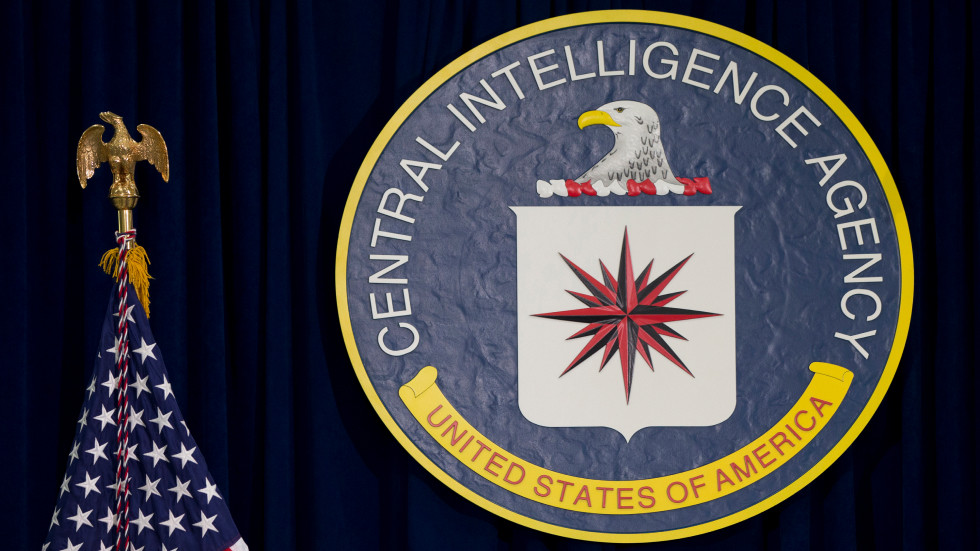The Central Intelligence Agency (CIA) is grappling with significant reports of inappropriate sexual conduct in its workplace, highlighting a pressing cultural issue within the organization. According to the agency’s first internal survey shared with CNN, nearly a third of CIA employees have reported experiencing instances of sexual harassment in their careers. This developmental insight aligns the CIA with broader societal movements, notably the #MeToo movement that came into prominence in 2017, as the agency faces calls for reform and accountability. Maura Burns, the CIA Chief Operating Officer, acknowledged that the agency’s current situation indicates the necessity for change, revealing a critical awareness of the challenges that remain unaddressed within the agency.
The survey revealed that participation was limited, with only a quarter of employees responding. However, among those who did, 28% admitted to encountering a sexually hostile work environment during their careers at the CIA, while 9% noted such incidents in the past year. These figures not only reflect issues endemic to the agency but are comparable to the national averages of sexual harassment occurrences. Notably, the CIA’s figures remain lower than those reported in the U.S. military. The statistical analysis brings to light the potentially deep-rooted cultural problems within the agency, hinted at by two troubling cases recently made public.
One significant case involves a CIA officer stationed in Europe who is under scrutiny for reportedly knowingly transmitting a sexually transmitted disease to at least five women. While he remains a staff member at the agency, he is currently working at headquarters pending an internal investigation, raising concerns over accountability and oversight mechanisms. In another alarming instance, a female contractor lodged a lawsuit against a senior officer, accusing him of coercing her into sexual relations and exhibiting threatening behavior while armed. Reports indicate that the officer in question has since been terminated from his position, spotlighting the agency’s internal disciplinary processes in handling allegations of sexual misconduct.
In response to the pressing issue of sexual harassment, Burns has initiated the establishment of a Sexual Harassment/Assault Response and Prevention Office (SHARP). This new office aims to provide support and resources for victims, fostering a safer work environment. During a September town hall meeting, Burns and SHARP’s head, Dr. Taleta Jackson, outlined procedures for reporting harassment while maintaining operational security. Burns reassured employees not to fear reporting incidents due to classified information concerns, asserting that their safety is paramount.
However, there are troubling reports suggesting that some management representatives may have advised victims against reporting incidents accurately to law enforcement. A complaint filed by a victim disclosed a directive allegedly given to her, urging her to misrepresent her relationship with her assailant and the circumstances of her assault. This raises disturbing questions regarding the culture of silence and the potential repercussions faced by employees who seek to report crimes committed against them within the agency.
The recent focus on sexual misconduct in the CIA is emblematic of a broader reckoning within institutions long insulated from public scrutiny. The agency’s efforts to address these issues indicate a serious commitment to cultural change, yet the challenges are monumental. As the CIA confronts the realities of inappropriate sexual conduct, it will require a sustained commitment to transparency, accountability, and the establishment of a safe environment where every employee can work free from harassment. Moving forward, it will be crucial for the agency to foster a culture that not only recognizes but actively combats the pervasive issues of sexual misconduct, thereby restoring confidence among its workforce.

